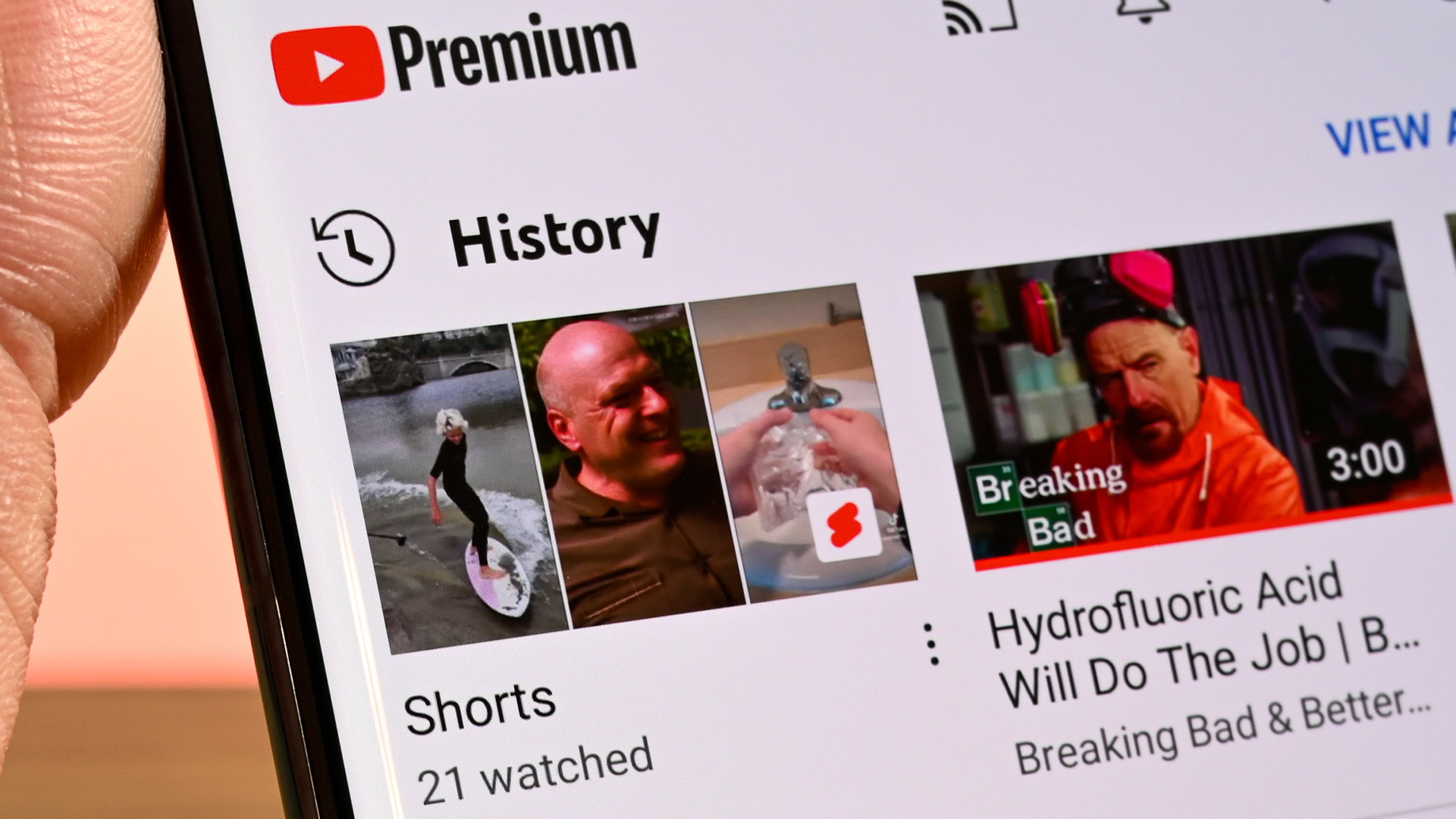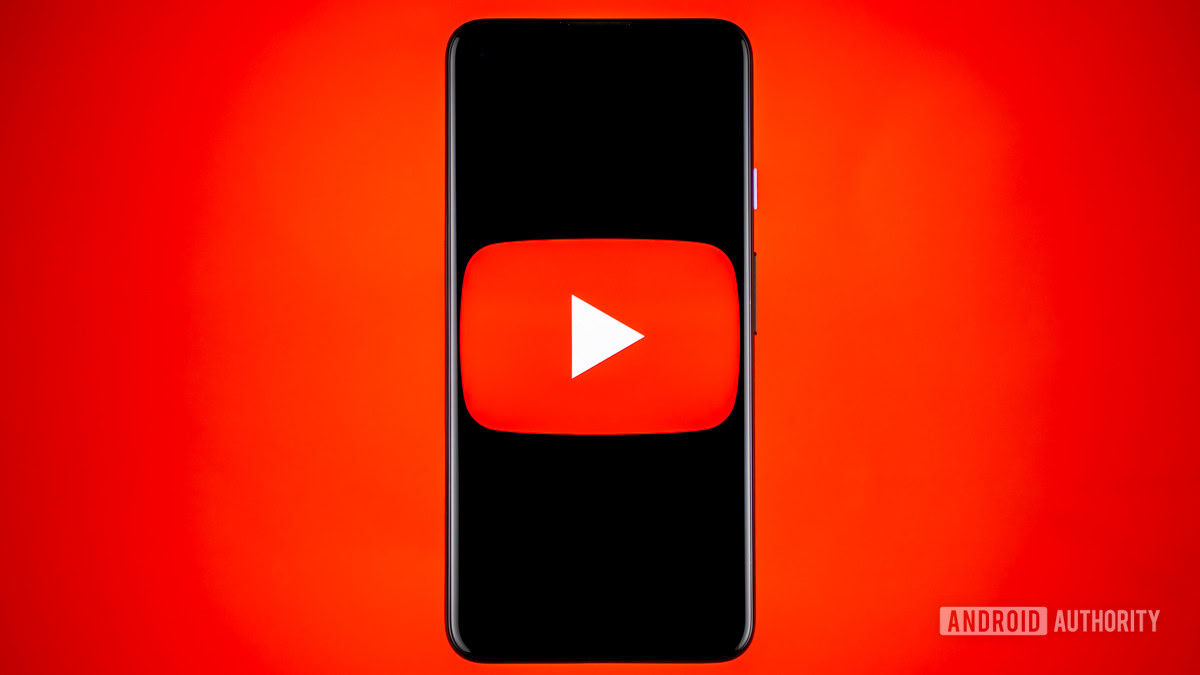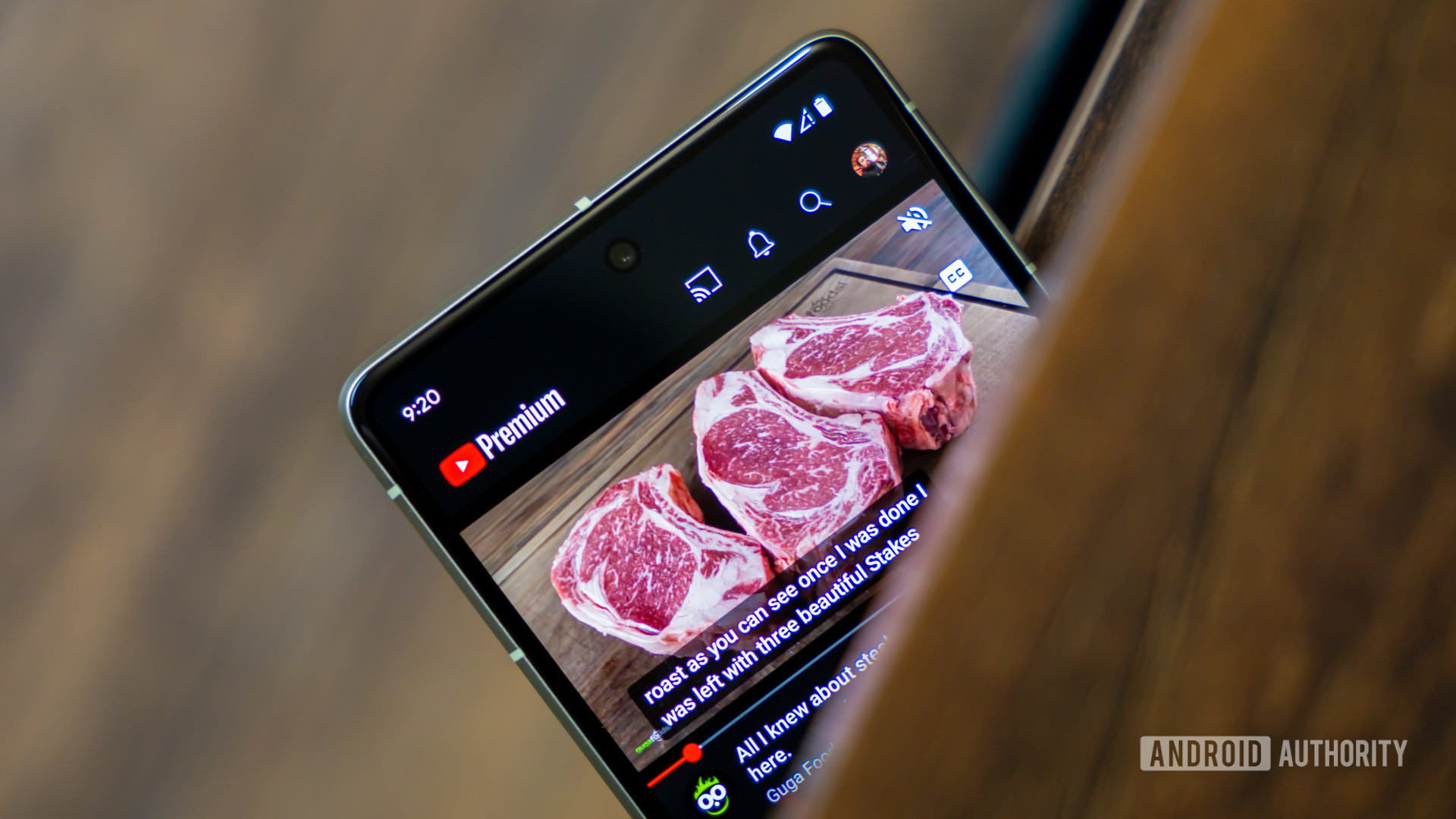Affiliate links on Android Authority may earn us a commission. Learn more.
You hate ads on YouTube, but what do you actually want?
When Google bought YouTube in 2006, the young site was unprofitable. It was already a cultural phenomenon, with viral videos consumed millions of times daily, but it didn’t make any money. It wasn’t until 2009 that Google first profited from its $1.65 billion investment in the video-sharing site. Google achieved this through one singular revenue stream: advertisements.
Since 2009, Google has continued to mostly depend on ad revenue to keep YouTube afloat. The introduction of YouTube Premium — a paid subscription that provides ad-free YouTube and YouTube Music — bolsters revenue a bit but is still a drop in the bucket compared to what Google makes from ads, which was over $29 billion in 2022 alone.
Those billions of dollars are partially shared with creators on the platform. Another large portion keeps the site working: employee salaries, development, and, of course, the absolutely massive number of servers needed to host the roughly 3.7 million videos uploaded to YouTube every day. Whatever’s left over goes to Google.
As Google’s chased more and more revenue from YouTube, advertisements have taken over. At this point, ads are pretty much everywhere, including in the videos themselves. Google probably expected this to result in more sign-ups for YouTube Premium. However, it’s mostly resulted in people turning to ad-blockers to make YouTube tenable again.
Now, Google is starting to crack down hard on ad-blocking systems. This has infuriated a very vocal subset of users constantly looking for new ways to circumvent YouTube ads.
This tête-à-tête between YouTube and the anti-ad crowd has reached a fever pitch. The problem, though, is that neither side seems to have a viable solution to the problem.
YouTube’s side: The service needs to be profitable

It goes without saying that YouTube needs to make money. Google has never been open about the service’s costs for hosting, bandwidth, employees, etc., but estimates put it at multiple millions of dollars every day. Even if Google decided to run YouTube out of the kindness of its heart with no concern for profit, it would still need to make billions each year just to break even.
And it’s not only servers and employees Google needs to worry about. It also needs to make enough to pay the millions of creators producing content that keeps viewers returning for more. Those creators can’t work for free, so now there are even more millions of dollars each day needed to keep the site working.
YouTube can't operate at a loss, and ads keep the site free for everyone to use.
Obviously, Google is a business, and businesses are primarily interested in profit, so YouTube needs to make more than just enough to cover costs and share profits with creators. Now, we’re in the realm of even more billions needed yearly. Where are these many billions of dollars going to come from?
Google’s best solution for this is ads. Ads keep the site free for anyone to use — both for viewing and uploading. For folks who can’t stand the ads, YouTube Premium exists.
For those who can’t handle either viewing ads or paying for Premium, there’s always the third option, which is not to consume YouTube content.
The users’ side: Ads are out of control

While it’s understandable that ads need to exist to keep YouTube running, there are simply too many. Without a Premium subscription, a 10-minute video could be interrupted half a dozen times with video ads, for example (and not many different ads, the same two ads over and over). Then, there are ads all over the page itself and pop-up ads that appear periodically during binge sessions.
Even though Google is making billions off these ads, it’s not sharing enough of those profits with creators. This pushes creators to create alternate revenue streams, resulting in sponsored content — essentially a different type of ad. This content is integrated into the video itself, making the “ad” difficult to skip. Likewise, creators advertise their own products within a video’s metadata, further clogging up the viewing experience.
Ads are out of control on YouTube, but the Premium subscription is too expensive, integrates an unneeded service, and lacks features users actually want.
Paying for YouTube Premium is not a viable solution to these problems. First, it doesn’t remove all the ads. The creator ads mentioned previously are still there, for example. Additionally, YouTube Premium costs more money than it needs to. A single user will pay $13.99 each month for Premium, but that price also includes YouTube Music Premium. If you just want ad-free YouTube videos, there is no option for that, which means a portion of Premium subscribers are paying for a service they don’t need or want, and the service they do want doesn’t work as well as it should.
Finally, third-party systems offer a better overall experience for YouTube. Along with blocking ads, these systems can provide tools YouTube doesn’t natively support, such as bringing back the dislike button, being able to force resolution controls on all videos, and more. Since Google doesn’t offer a way for users to access these features, Premium is not worth it for many.
YouTube ads: What’s the middle ground?

With both sides of the argument in mind, what is the solution? A very vocal minority has a mantra that one should never pay for access to YouTube and that ads should always be able to be entirely blocked. For these folks, the only way they will be happy is if they can use YouTube for free with zero advertisements anywhere.
It goes without saying that this is a ridiculous argument. Google is a business and needs to make money. YouTube is an exorbitantly expensive product. If everyone could use it without viewing ads and without subscribing to Premium, the platform would die. It needs money, just like every other business.
You hate ads and don't want to pay for Premium. YouTube can't give away its product for free. What middle ground do you want?
A more middle-ground portion of dissidents are OK with some ads. They want in-video ads to go away completely, as they interrupt viewing and make the product experience a poor one. Other ads, though, are fine. Creators pushing sponsored content is OK, too, because those creators will lose their audience if they push this type of content too much, so it’s a self-policing system.
What change at YouTube would make you happy?
Another middle-ground group is ready and willing to pay for YouTube Premium. However, doing so should remove every single advertisement from the site, including sponsored content within the video itself. Premium should also offer new features that users want and have already used through unsanctioned third-party systems, such as Vanced. YouTube Premium should be made cheaper by removing YouTube Music Premium from the plan, at least as an option.
Finally, there are the folks who just don’t care. They are fine with watching ads, or they are fine with paying to remove most of them through Premium as it is today.
Now’s your time to sound off. Where do you fall in this debate? Let us know in the poll above. Additionally, let us know in the comments how you feel about this whole situation. Are there other potential solutions you can think of that would keep Google making money but also appease the anti-ad crowd? We’re eager to hear your thoughts.